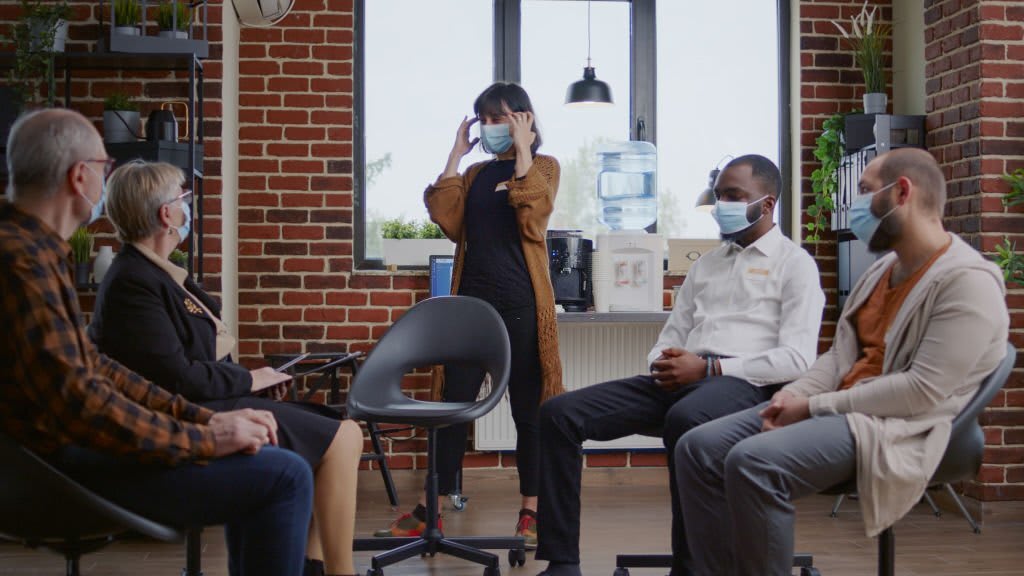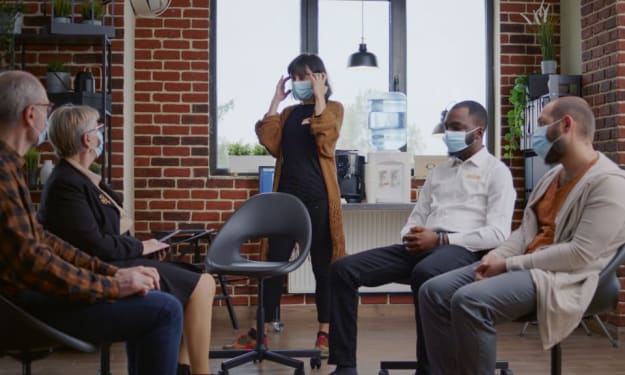"Methadone clinic: Overcoming addiction and fostering recovery."
Methadone clinic

Introduction:
Addiction to opioids, such as heroin or prescription painkillers, is a widespread problem that affects millions of individuals worldwide. Overcoming opioid addiction requires a comprehensive approach that includes medical intervention, counseling, and support. One essential component of this approach is the establishment of methadone clinics, which play a crucial role in helping individuals overcome addiction and foster long-term recovery. In this article, we will explore the significance of methadone clinics, their benefits, and how they contribute to the process of overcoming addiction.
how long is alcohol rehab
Alcohol rehab typically varies in duration depending on various factors, including the severity of the individual's addiction, their specific needs, and the treatment approach used. In general, how long alcohol rehab programs can range from 28 days to several months. Short-term programs typically last around 28 to 30 days, providing an intensive, focused period of treatment and detoxification. Longer-term programs, such as 60 or 90 days, offer more extended support and intensive therapy to address deeper issues and promote lasting recovery. Some individuals may require extended stays or participate in aftercare programs to ensure ongoing support and relapse prevention. Ultimately, the length of alcohol rehab is determined on an individual basis to ensure comprehensive treatment and the best chances of achieving sustained sobriety.
Understanding Methadone Clinics
Methadone clinics are specialized healthcare facilities that provide medication-assisted treatment for individuals struggling with opioid addiction. Methadone, a long-acting synthetic opioid, is prescribed to reduce withdrawal symptoms and cravings, allowing individuals to stabilize their lives and focus on recovery. These clinics offer a controlled environment where patients can receive their medication, participate in counseling sessions, and access additional support services.
Addressing Withdrawal Symptoms and Cravings
One of the primary goals of methadone clinics is to help patients manage the challenging process of opioid withdrawal. When individuals attempt to quit opioids abruptly, they often experience severe withdrawal symptoms, which can be overwhelming and lead to relapse. Methadone, administered under medical supervision, provides a safer alternative by minimizing withdrawal symptoms and reducing cravings. This approach allows individuals to gradually taper off opioids while minimizing discomfort.
Individualized Treatment Plans
Methadone clinics create personalized treatment plans tailored to each patient's specific needs. Medical professionals conduct comprehensive assessments to determine the appropriate methadone dosage and develop a plan that supports the individual's recovery journey. Treatment plans typically include a combination of medication, counseling, behavioral therapy, and other supportive services. This holistic approach addresses not only the physical aspects of addiction but also the underlying psychological and social factors.
Regular Monitoring and Adjustments
Methadone clinics closely monitor patients throughout their recovery process to ensure the effectiveness of treatment. Regular check-ups and drug tests help healthcare providers evaluate progress and make any necessary adjustments to the treatment plan. By closely tracking patients' response to methadone, clinics can modify dosage, counseling strategies, or additional services to optimize outcomes. This ongoing monitoring ensures that patients receive the support they need at each stage of their recovery journey.
Combating Stigma and Isolation
Addiction often comes with significant social stigma and isolation, which can hinder recovery efforts. Methadone clinics provide a safe and nonjudgmental environment where individuals can seek help without fear of discrimination. The supportive staff and group therapy sessions at these clinics create a sense of community, fostering connection and reducing feelings of loneliness. Over time, this support network helps patients rebuild their lives and reintegrate into society.
Long-Term Recovery and Aftercare
Methadone clinics play a crucial role in facilitating long-term recovery by providing ongoing support and aftercare services. While methadone can be an essential tool for overcoming addiction, it is not a standalone solution. Clinics often offer counseling, relapse prevention programs, vocational training, and assistance with housing or employment. These comprehensive aftercare services help patients maintain their sobriety, build resilience, and enhance their overall well-being.
Conclusion:
Methadone clinics are instrumental in helping individuals overcome opioid addiction and foster long-term recovery. By addressing withdrawal symptoms, providing individualized treatment plans, offering regular monitoring, combatting stigma, and providing comprehensive aftercare, these clinics offer a holistic approach to addiction treatment. Through the combined efforts of medical professionals, counselors, and support networks, methadone clinics contribute significantly to the journey of recovery, enabling individuals to reclaim their lives and achieve lasting sobriety.





Comments
fahad sattar is not accepting comments at the moment
Want to show your support? Send them a one-off tip.